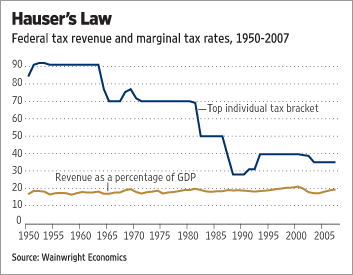Response To Comment
I received the following comment from my friend John who recently started medical school. The comment was posted on my Not Doing Nothing About Health Care post.
“I totally disagree with # 2. There is no way to control the quality of medical education in every country around the world. This would also completely flood the market with medical practitioners and drastically reduce doctors salaries which I am totally against. I don’t think reducing medical practitioners salaries is the right way to go. Why would anyone do 9 years of med school and residency and be on call all hours of the night if they were making less than they are now?? And on that note, would you want a surgeon trained somewhere you’ve never heard of in Tanzania cutting into you.. even if he charges 1/5 the price of an American?”
Here is my response:
John,
Thanks for the comment.
There is a very simple way to “control [for] the quality of medical education in every country around the world.” This plan is completely workable if you force foreign doctors to take the same medical licensing exams that American doctors have to take. This way, whether the doctor was from Canada, Tanzania, or somewhere Ive never heard of, he or she would have to be held to the same standards that all American doctors would.
As far as “drastically reduc[ing] doctors salaries,” that wouldnt be the case either. Remember, that part one of my plan would end all income taxes on doctors. Given that the average doctor finds himself in the highest tax bracket, this would actually result in a massive increase in pay. [Furthermore, it would save the doctor time, allowing him or her to relax or work more instead of having to figure out their taxes.] When talking about reducing doctors’ pay, I think you are also forgetting the demand side of this equation. The simple fact is that demand for medical care is rapidly rising. A big part of this is because baby boomers are getting older and are requiring more care. Allowing more doctors into America will result in better care for more Americans at a lower rate. Yet, ending income taxes for doctors allows them to keep more money while charging less for services–a win-win situation.
Additionally, if we could ensure that doctors from foreign countries were held to the same standards as American trained doctors the cost of medical school might actually decrease. Think about it–if you knew for a fact that medical schools in Asia, Europe, South America, or elsewhere were significantly cheaper, and you were able to go online and find the pass rates for student from these schools, you as an American might be more willing to attend one of these less expensive schools.
To sum up: the goal is to increase supply without decreasing pay or quality. That is why allowing foreign doctors into the country must be done while holding them accountable to the same medical standards as American trained doctors. That is also why this must be accompanied by an end to taxes for doctors.
Americanly Yours,
Phred Barnet
Please help me promote my site:





